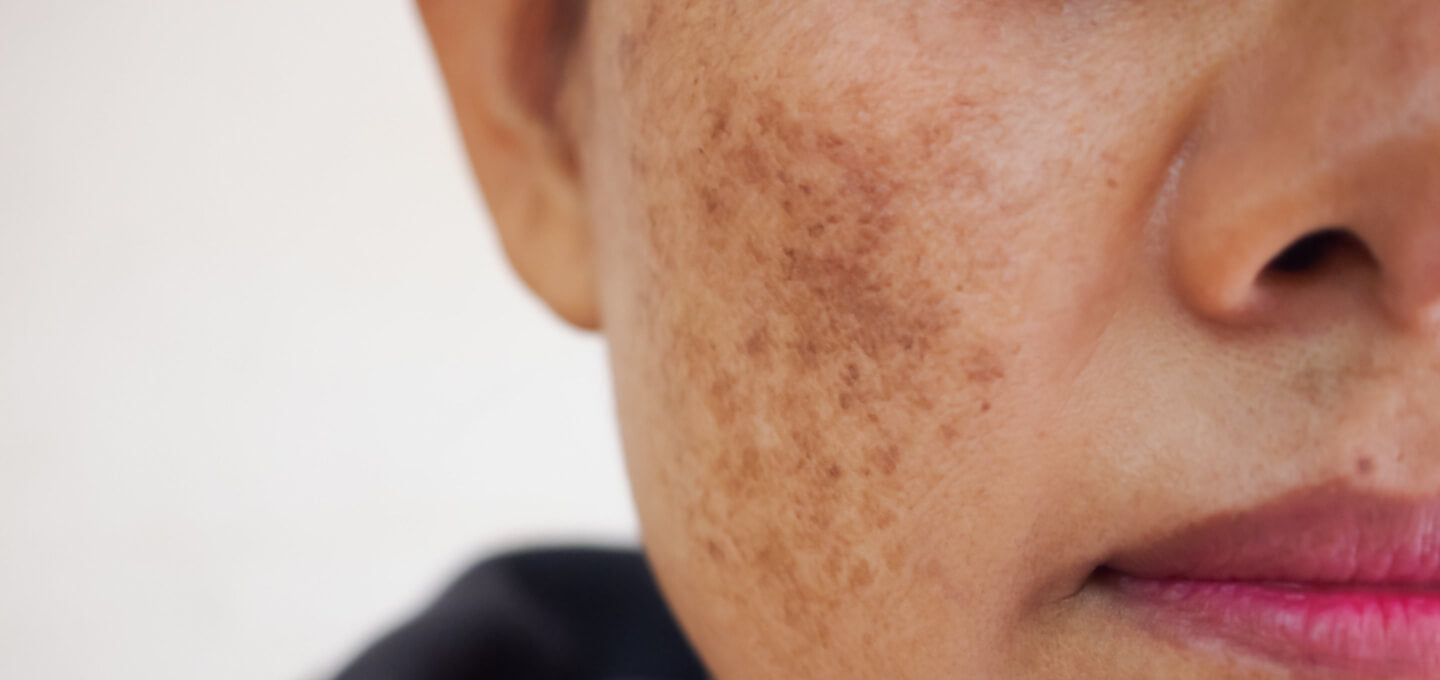In skincare, glycolic acid stands out as a tried-and-true powerhouse ingredient. Renowned for its remarkable exfoliating properties and skin-renewing capabilities, glycolic acid has earned its place as a staple in many skincare routines. Let's uncover the benefits of glycolic acid, and discuss the optimal way to incorporate it into your skincare regimen.
So what is Glycolic Acid?
Glycolic acid, a type of alpha hydroxy acid (AHA), is derived from sugarcane and belongs to a family of naturally occurring acids known for their ability to exfoliate the skin. Its small molecular size enables it to penetrate the skin effectively, working wonders in various skincare formulations.
Benefits of Glycolic Acid:
1. Exfoliation and Cell Renewal: One of the primary benefits of glycolic acid is its exfoliating prowess. It gently removes dead skin cells, unclogs pores, and encourages cellular turnover, leading to a smoother, brighter complexion. Regular use can help diminish the appearance of fine lines, wrinkles, and hyperpigmentation.
2. Improved Texture and Tone: By sloughing off dead skin cells, glycolic acid promotes a more even skin texture and tone. It can reduce the appearance of acne scars, age spots, and blemishes, revealing a revitalized and radiant complexion.
3. Enhanced Product Absorption: Regular exfoliation with glycolic acid allows other skincare products and ingredients, such as azelaic acid, to penetrate deeper into the skin, maximizing their efficacy.
4. Stimulated Collagen Production: Studies suggest that glycolic acid can stimulate collagen synthesis, aiding in maintaining skin elasticity and firmness, thus reducing the signs of aging.
Best Time to Use Glycolic Acid
The ideal time to use glycolic acid in your skincare routine is typically during the evening or nighttime. This is because exfoliating acids can increase skin sensitivity to the sun. Using glycolic acid at night allows the skin to rejuvenate and repair while you sleep, maximizing its benefits without the risk of sun exposure.
Glycolic acid remains a highly acclaimed skincare ingredient, offering an array of benefits from exfoliation and improved texture to stimulating collagen production. Incorporating it into your nighttime skincare routine can optimize its efficacy while minimizing potential adverse effects. Always remember to patch-test new products and consult with a dermatologist or skincare professional, especially if you have sensitive skin or specific skin concerns. Incorporating glycolic acid into your regimen wisely and consistently can lead to radiant, youthful-looking skin.
References:
Dermatology Times. (2018). The Use of Alpha Hydroxy Acids in Skin Care.
Baumann, L. (2009). Cosmetic Dermatology: Principles and Practice. McGraw-Hill Education.
Rendon, M. I., et al. (2010). Evidence and Considerations in the Application of Chemical Peels in Skin Disorders and Aesthetic Resurfacing. The Journal of Clinical and Aesthetic Dermatology, 3(7), 32–43.





